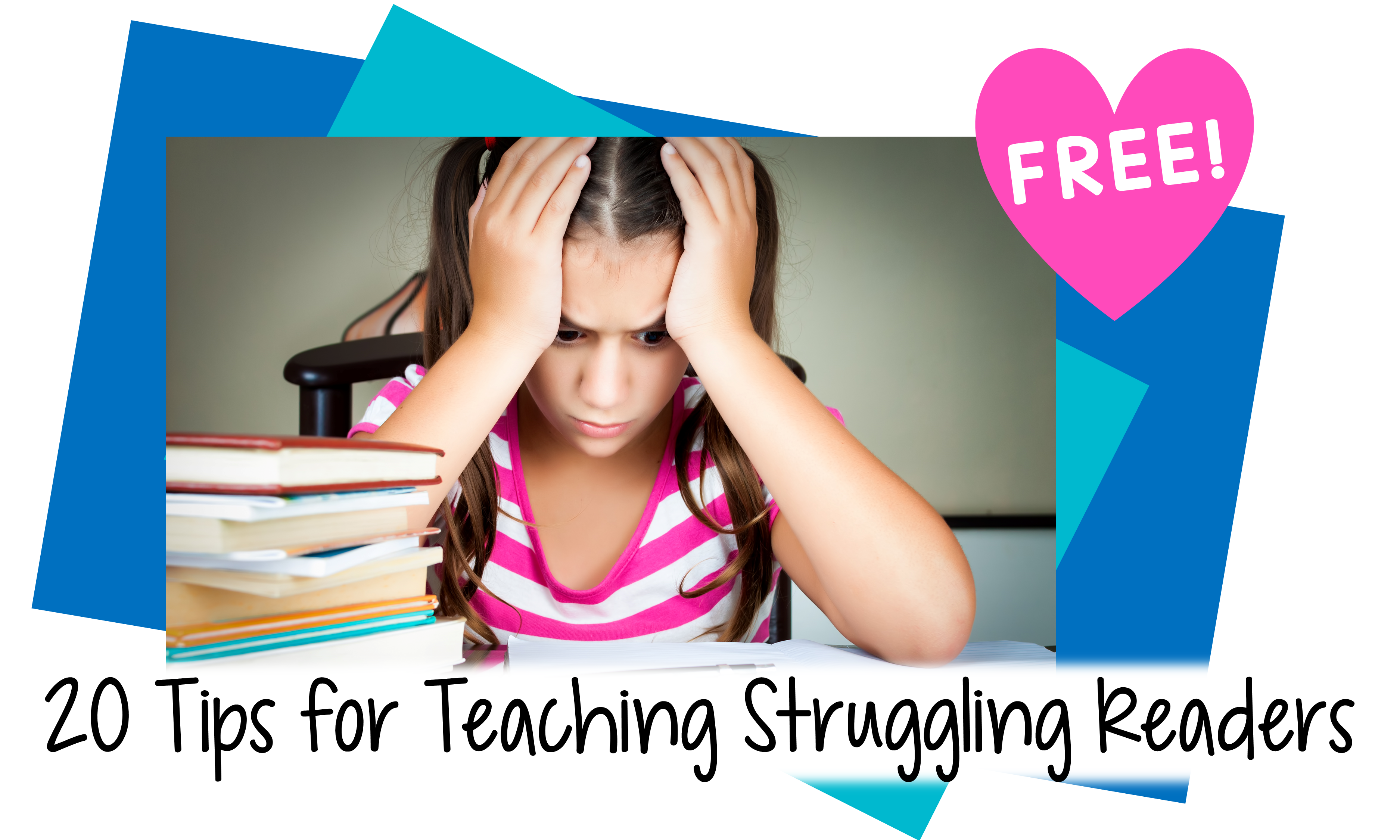Are you hoping your child can get a little extra help in reading this year after school? Here are some suggestions for finding someone to help your child at the end of the school day. How about your child’s teacher? First stop is your child’s classroom or reading teacher. It can be very convenient if they tutor right there at school. Also, their familiarity with your child’s reading strengths and weaknesses make them an optimal choice for tutoring. Or take tutor recommendations from the teacher. If your child’s teacher is unavailable for tutoring, the next best choice might be someone...
Noun Town paper and digital resources provide a memorable way for children to learn about parts of speech. With these concrete, hands-on (or fingers-on) activities, youngsters cut and paste (or drag and drop) images onto a map. Then they match the images with words. Kids have so much fun creating their towns that they don’t even know they are learning grammar! The rich context of the activity enables beginning readers to identify words that they might not be able to do in a different context. And, in addition to developing decoding skills, the activity is a great way to review...
Are you turning your attention going back to school? If so, you want to start with thinking about assessment–especially this year after so many students have been learning remotely because of COVID. This year it’s possible that your class will look very different from the way classes looked at the beginning of previous years. Baseline Testing When I was teaching 2nd grade classroom and 1st grade guided reading, my primary goal at the beginning of the year was getting to know my students–both personally and academically. Establishing a reading baseline informs your instruction–where to begin teaching, who needs extra help,...
Seth is stuck on a word in a story. The word is irregular, nonphonetic. The letters in the word are not connected with their regular sounds, or at least the sounds he has learned so far at school. The word is night. He tries to decode word phonetically, because that is his go-to reading strategy. He associates the letters with the sounds he knows: /n/ – /ĭ/ – /g/ – /h/ – /t/…./nig-hit/. Seth is in the early Full-Alphabetic stage. He has learned to sound out words letter by letter, but doesn’t yet realize that there are some words that...
Many politicians, administrators, and educators are focusing on how much children have been losing academically since the pandemic caused schools to close last spring. I’m usually in that academic camp–worrying about the progress my students are making in reading. My training has taught me to always keep it professional as a tutor and to use time efficiently. But, a couple of months back, the parent of a child I tutor opened my eyes to what her young daughter was missing the most with online tutoring. (more…)
Many teachers cringe when they hear the word testing, mainly because so much of it is mandated at the national, state, and district level. Weeks of classroom time have been stolen to both prepare for and administer high stakes standardized (norm-referenced)[i] tests with little or no benefit to our students. And, for some of us, our jobs have depended on our students doing well on these time-consuming tests. Talk about stress! (more…)
It’s that time of year again! At the middle of the year, the honeymoon is over for reading teachers. We have to face the fact that, no matter how carefully we have chosen books and planned our lessons, there are going to be some students in our guided reading groups who aren’t progressing as they should. And, contrary to what you might think, these children aren’t always in our lowest reading groups. But don’t feel bad. (more…)
Beware the summer slide! Do I mean to be careful when climbing on the sliding board at the playground? No! I’m talking about the regression in academic skills students can experience over summer vacation. Classroom teachers and reading specialists know all too well that many children enter school in the fall reading a few weeks or months behind where they were functioning when school ended the previous spring. Research confirms this regression, especially with struggling readers, children from families with low socioeconomic status, and youngsters who are learning English as a second language. From a teacher’s point of view, this...
